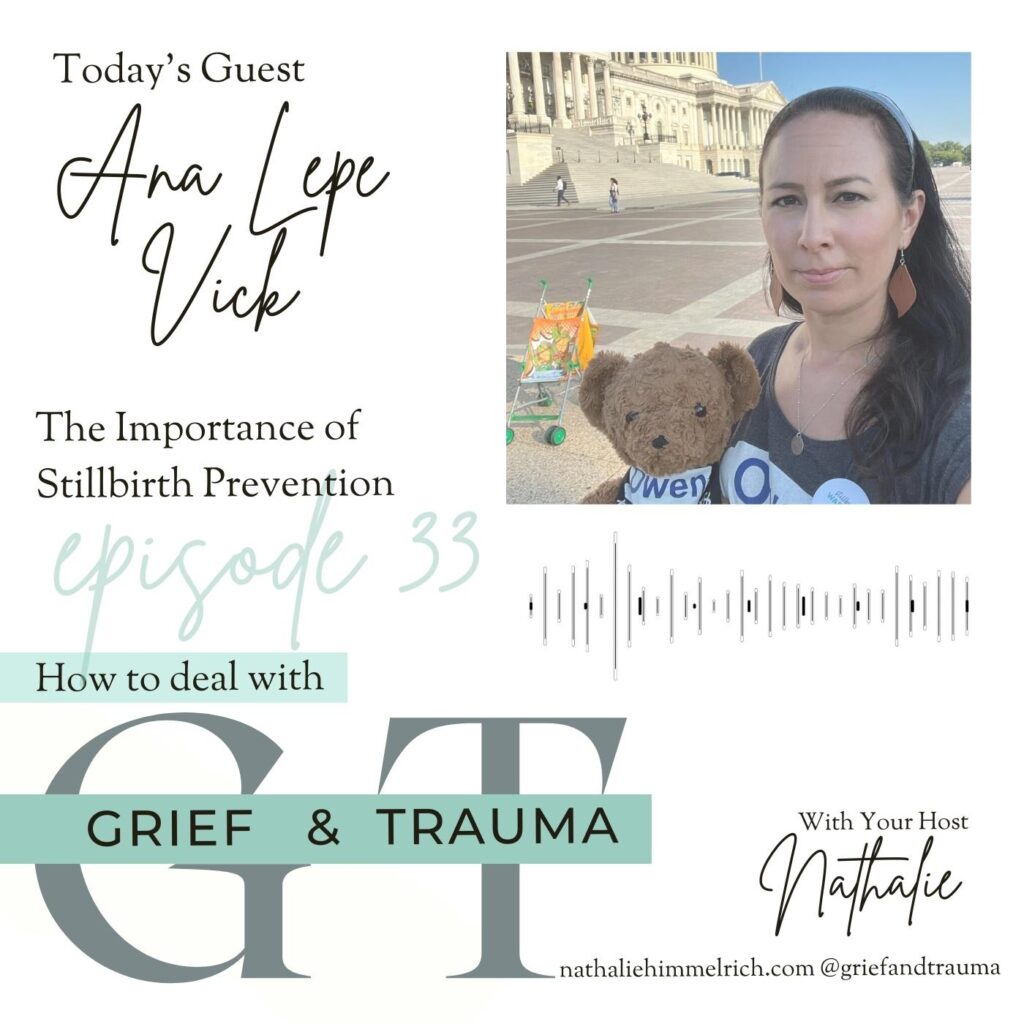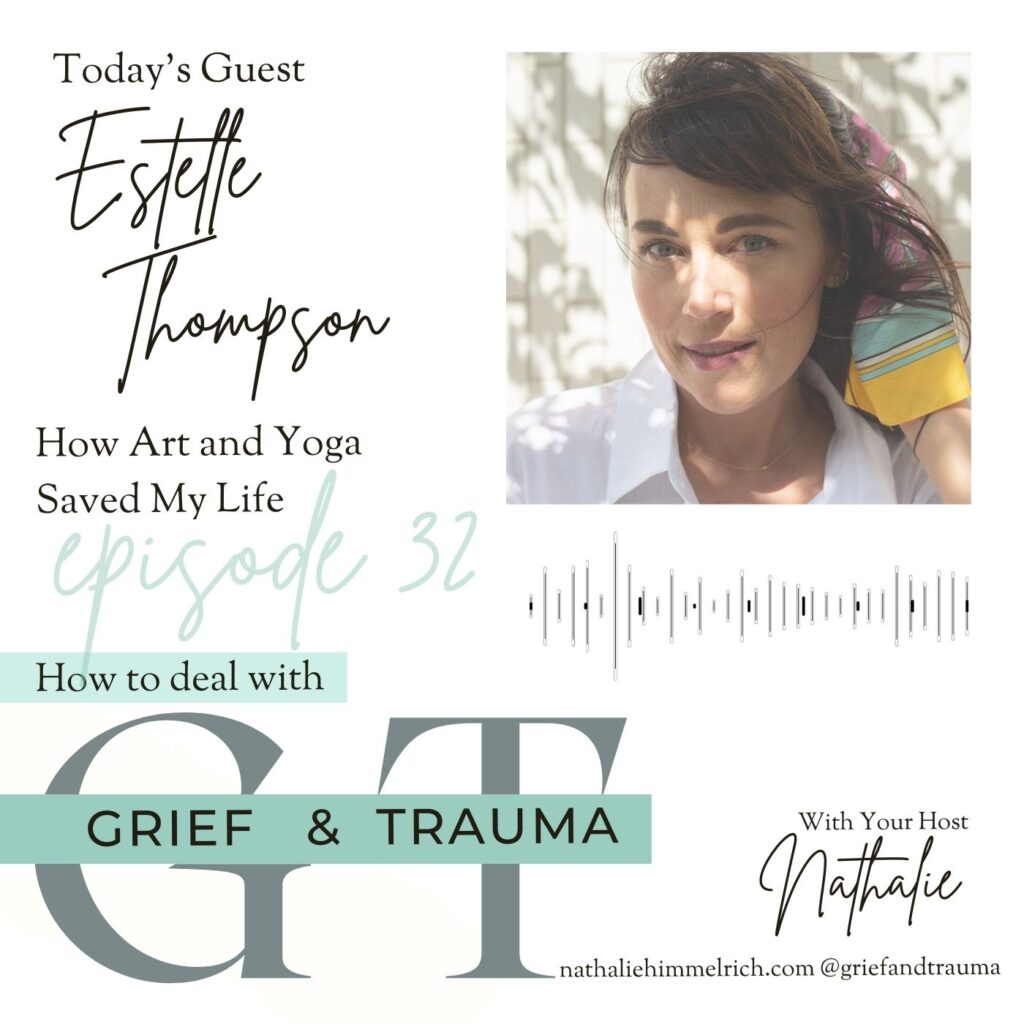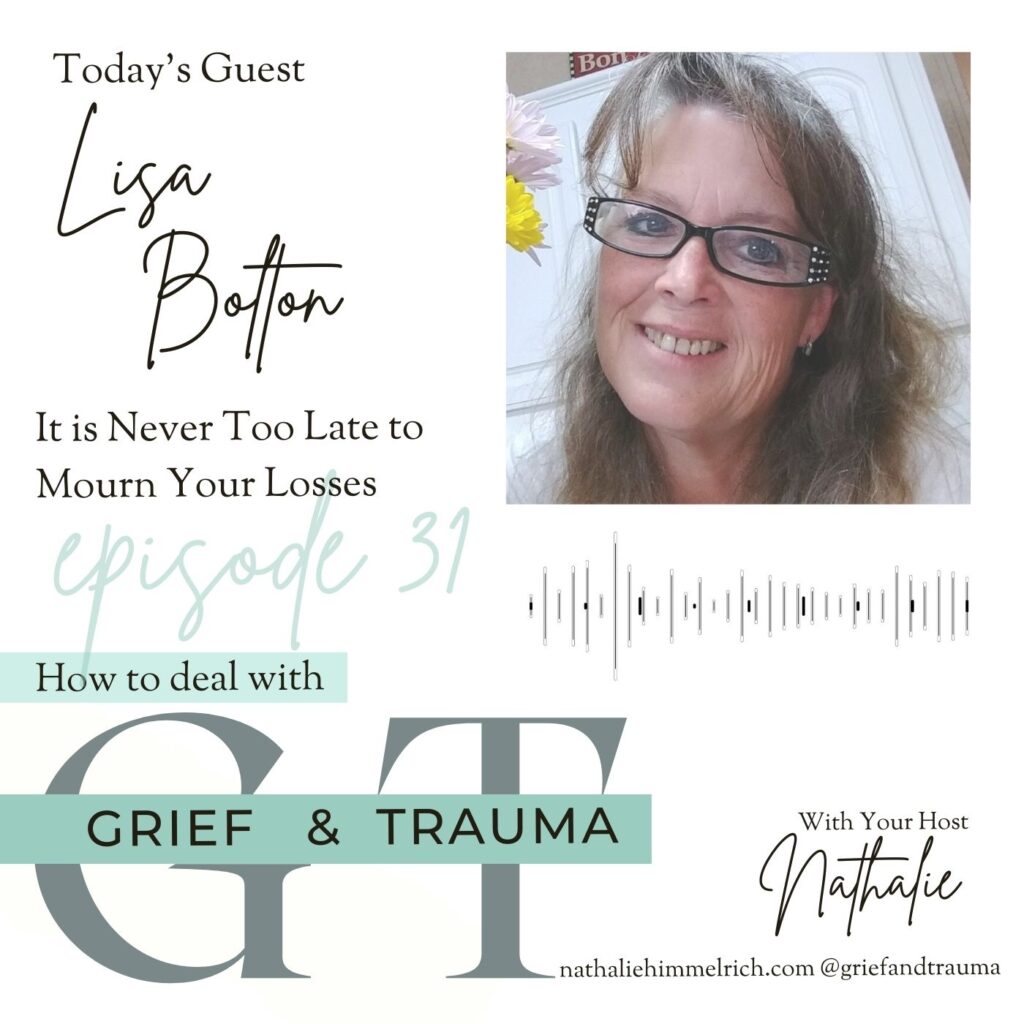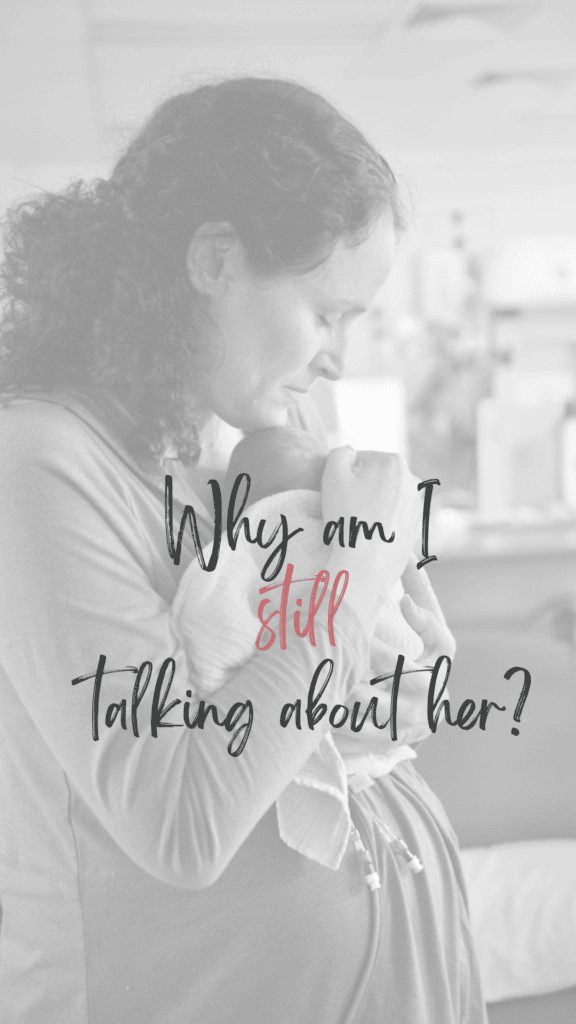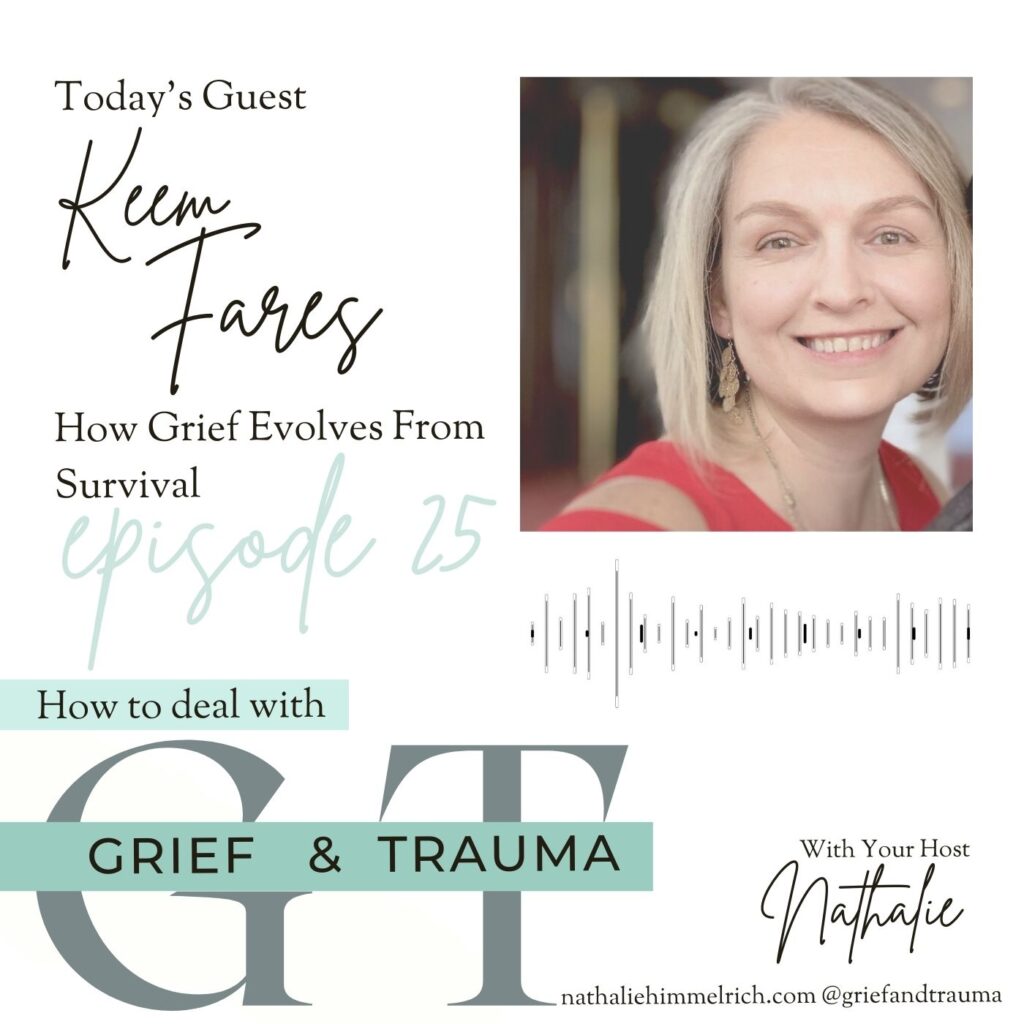HOW TO DEAL WITH GRIEF AND TRAUMA is completely self, funded, produced, and edited by me, Nathalie Himmelrich.
Consider making a small donation to support the Podcast here. Thank you!
Episodes 34
Episodes 35
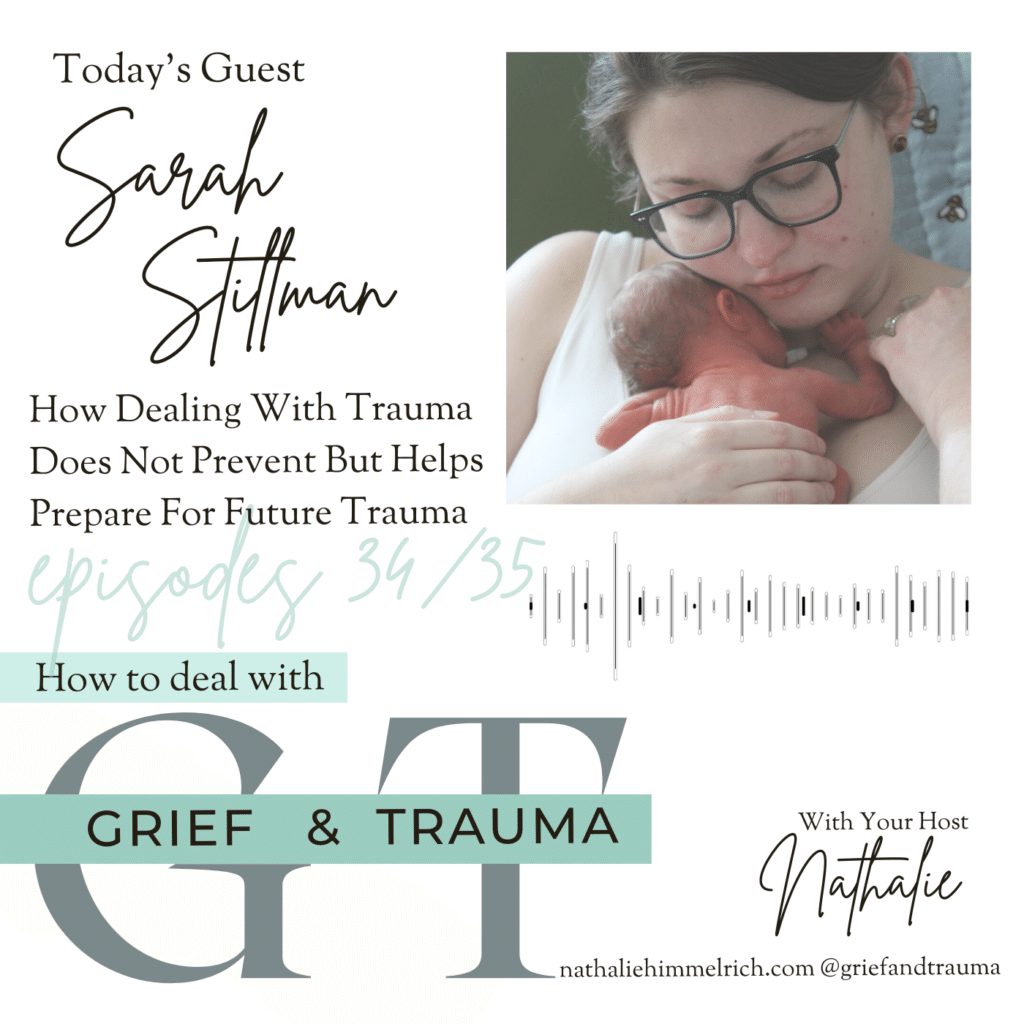
Today on the podcast I am speaking with Sarah Stillman, who suffered preeclampsia and concealed placental abruption which led to the stillbirth of her first son. Having been sexually assaulted earlier on in her life in a medical environment, she was very clear about needing to take charge of her medical care to avoid further traumatization. Unfortunately, the developments her pregnancy experienced leading to emergency care, resulted in her experiencing more trauma.
We had such a rich conversation that this became a double episode. Make sure you listen to the second part which is going to be published a week after this in which we dive much deeper into the topic of pregnancy after loss and how to deal with the trauma of sexual assault.
About this week’s guest
Sarah is one of Nathaniel’s two mamas (yes, he has two moms)! Nathaniel is Sarah and Amy’s firstborn son conceived through IVF with a traumatic ending in severe early-onset preeclampsia, placental abruption, emergency C-section, a brief NICU stay, and death within his mother’s arms. Sarah took to grieving, finding out what happened, and planning for future pregnancy like a full-time job, and in the midst of the uncertainty and haze of grief, identified resources that helped answer critical questions. In honor of her son, she created whenmybabydied.com which aims to offer families a centralized resource hub of information and answers for the question no parent ever thought they’d have to find. Sarah is currently pregnant with Nathaniel’s sibling who is expected to be born in April 2023. She lives with her wife, two dogs, and Nathaniel’s warrior spirit in Central Massachusetts.
Check out Sarah’s links:
Topics discussed in this episode
Part One
- Early miscarriage, appendicitis operation during subsequent pregnancy, preeclampsia leading to the stillbirth of her son Nathaniel
- Prior sexual assault trauma leading to challenges in medical care during pregnancy
- Loss and trauma
- Secondary losses following a stillbirth
Part Two
- Empty arm syndrome
- Being pregnant after a stillbirth
- Sexual assault
- The effect of prior trauma on pregnancy
- Grieving the loss of having planned for a healing event when it turns into a new trauma
Resources mentioned in this episode
- EMDR Eye Movement Desensitization and Reprocessing
- Grieving Parents Support Network
Links
–> For more information, please visit Nathalie’s website.
–> Subscribe to the newsletter to receive updates on future episodes here.
–> Join the podcast’s Instagram page.
Thanks for listening to HOW TO DEAL WITH GRIEF AND TRAUMA. If you’d like to be updated on future episodes, please subscribe to my newsletter on Nathalie Himmelrich.com
If you need grief support, please contact me for a FREE 30 min discovery session.
HOW TO DEAL WITH GRIEF AND TRAUMA is produced and edited by me, Nathalie Himmelrich.
